2015 is the UN International Year of Soils. In this month’s regular column, Matteo Bartolini, President of CEJA (European Council of Young Farmers) discusses the importance of this precious asset.
MF: What is the purpose of the International Year of Soils?
MB: 2015 was declared the International Year of Soils (IYS) by the 68th UN General Assembly in a bid to increase awareness and understanding of the importance of soil for food security, biodiversity conservation, environmental protection and climate change mitigation. Considering the services that soils provide to society, it is essential that they are given more attention in policy and the public eye in order to ensure their preservation for future generations.
MF: What has happened so far?
MB: The UN Food and Agriculture Organisation (FAO) has launched an IYS website including key messages, facts, infographics and more. The fundamental aim of the International Year is to raise awareness of the ‘profound importance’ soils hold for human life, among the general public and decision-makers alike.
MF: Why is soil so precious?
MB: Soil is a dynamic natural system made up of inorganic mineral, organic matter, air, water and living organisms. These are brought together by several factors, including climate, topography, parent material, time and biological factors. Different combinations of soil-forming factors lead to different soil types. Soil is considered a non-renewable resource because it does not renew itself at a sufficient rate in the human time frame, and therefore needs special protection. Just one centimetre of soil can take up to thousands of years to form from parent rock. Soils are a key resource for human well-being, central to the creation of products and essential ecosystem services. These services are what make soils so important, including storing and purifying water, disseminating seeds, interacting with the atmosphere through the absorption and emission of gases, regulating nutrient cycles, and providing a habitat for animals, bacteria, plants and more.
MF: How do the services that soils deliver translate into the way we live?
MB: Soil is where food begins – 95% of our food is directly and indirectly linked to soils, and healthy and quality food can only be produced from healthy soils. Our food security and quality therefore depends on our soils, as well as our nutrition. Soils also contribute to climate change mitigation through the reduction of greenhouse gas emissions and carbon sequestration (the removal of carbon dioxide from the atmosphere and the locking away of carbon). Sustainable management of soils is therefore essential to ensure that they are healthy and that they are protected from desertification. This is the kind of information that needs to be communicated to the general public and decision-makers alike throughout this special year.
MF: Why do healthy soils matter?
MB: A healthy soil recycles essential plant nutrients; improves soil structure and water/nutrient holding capacity, and, ultimately, crop production. This is fundamental to our future, particularly as demand for good grows and pressure on our resources intensifies. As well as this, a healthy soil helps mitigate climate change, rather than polluting the environment. It is for all these reasons that CEJA is involved in the IYS and wants to be part of spreading the word about the importance of soils.
MF: How has CEJA been participating?
MB: I myself am a candidate for the position of IYS ‘Ambassador’. It’s an issue particularly close to my heart, and I recently participated in a conference in Berlin on the subject during Global Soil Week. Furthermore, in the next CEJA working group – which will be held alongside the CEJA Presidium 2015 – we will discuss the issue of soils internally in a bid to come up with policy recommendations. With this in mind, we have invited speakers from a variety of backgrounds to give our young farmers some insight into the importance of soils and how they can help to raise awareness of the essential properties of soil that they may know well, but that many members of the public do not. We hope that these speakers will inspire a fruitful debate among our young farmers leading to CEJA taking part in more soil-related activities in future and, potentially, generating some CEJA policy recommendations in this area from a young farmer perspective.
For more information on this and future developments in the area, keep a close eye on the CEJA website. If you would like to get in touch with Matteo Bartolini or CEJA, email allusers@ceja.eu
Go to: Massey Ferguson Global Facebook page
Go to: CEJA Young Farmers Facebook page


























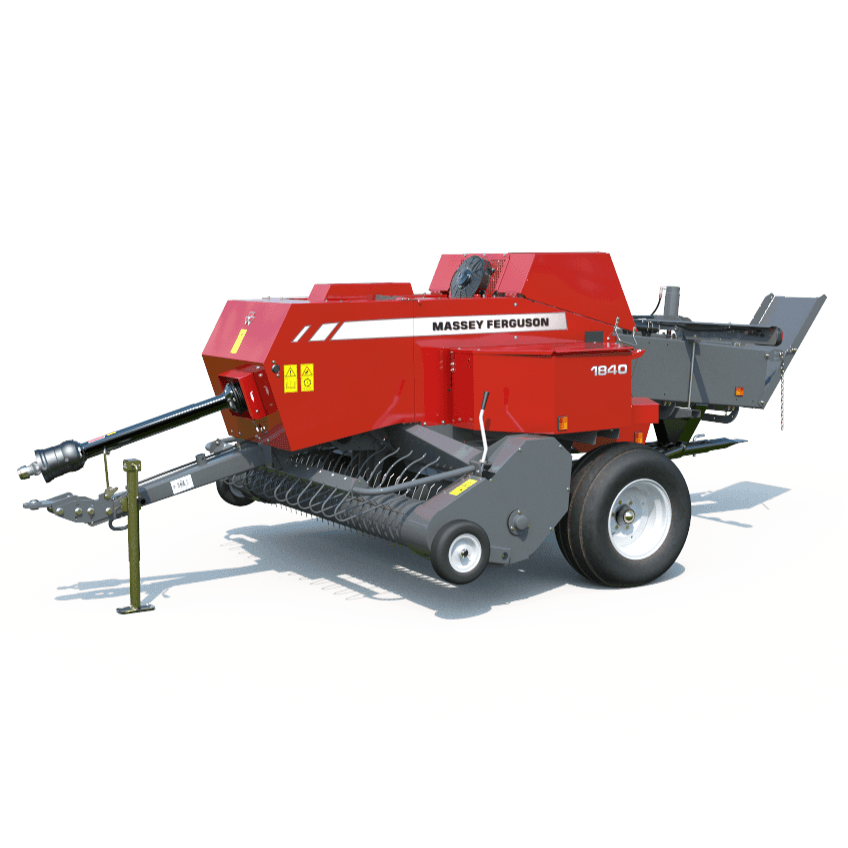


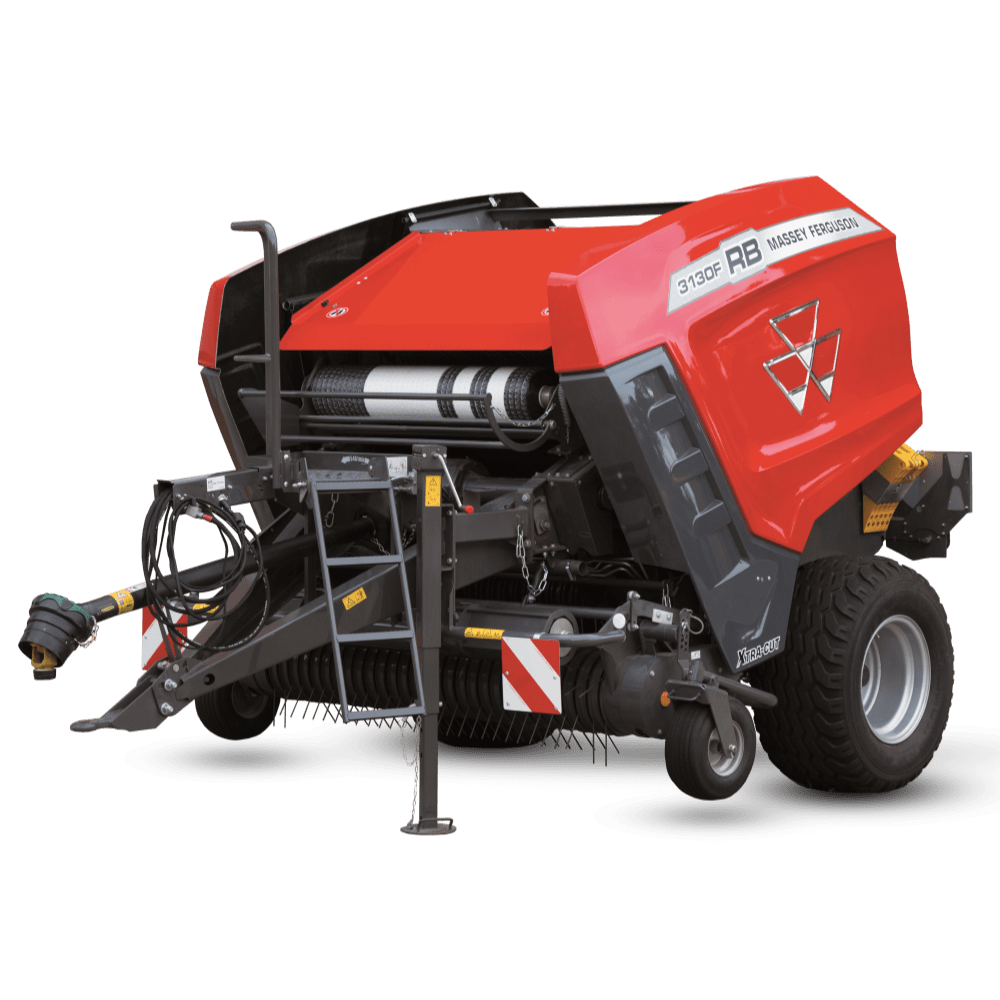
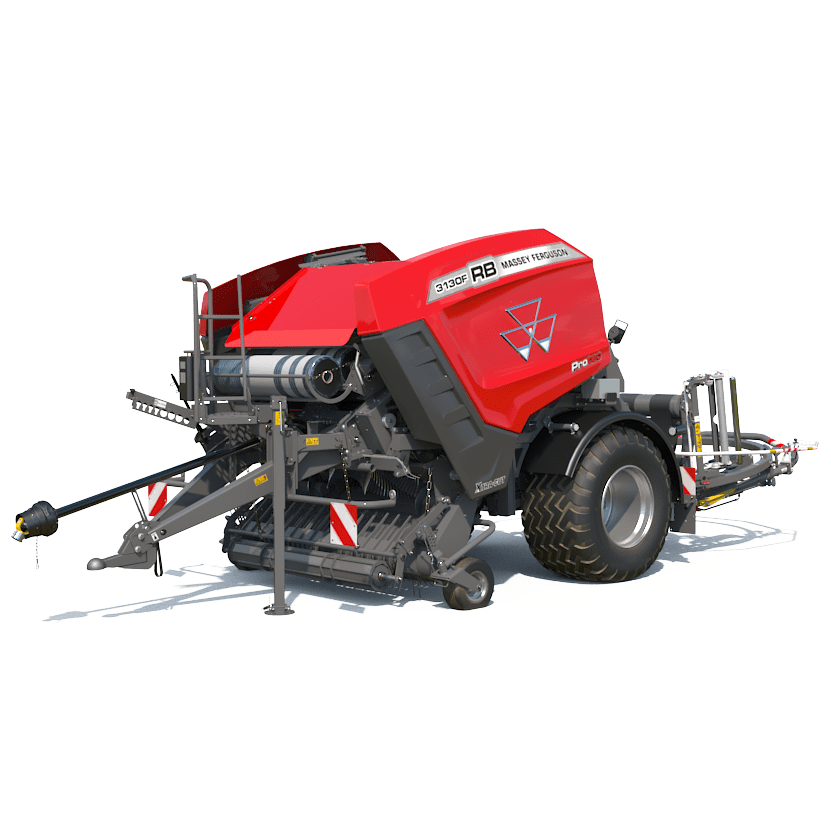
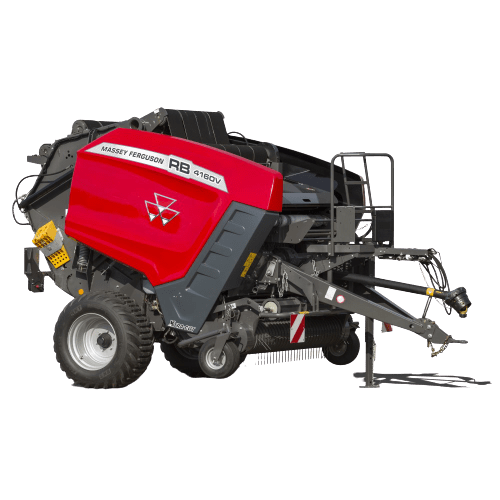



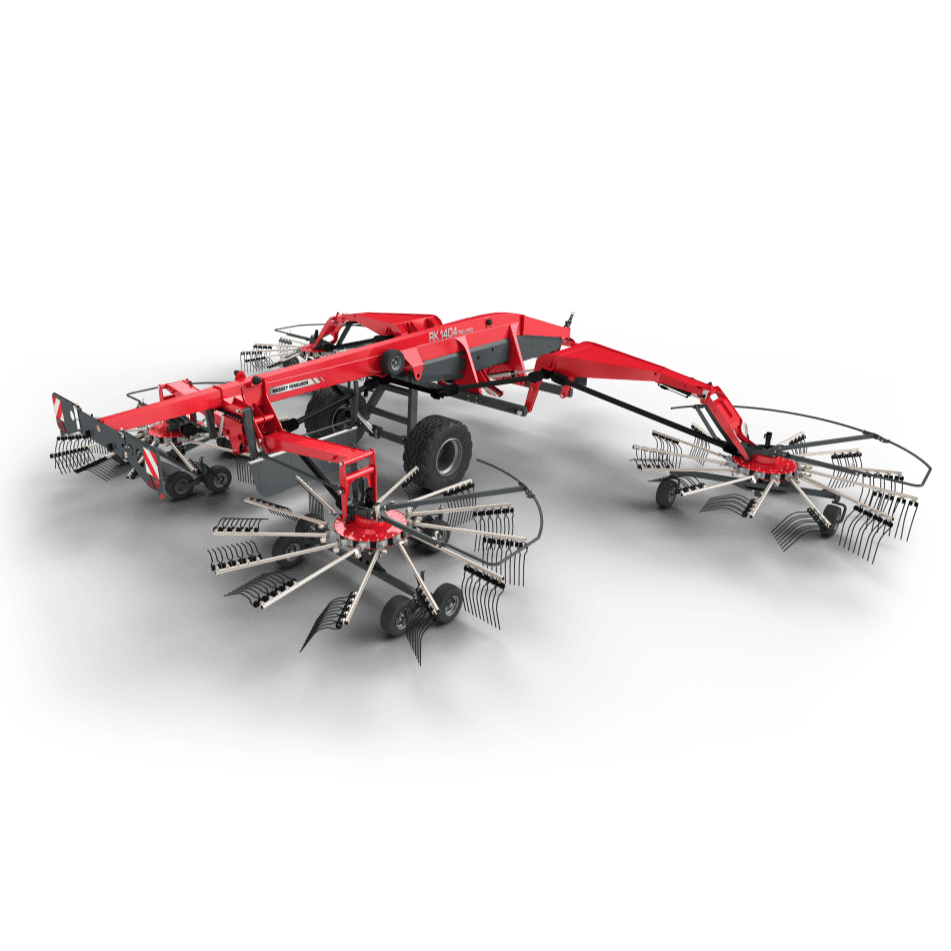






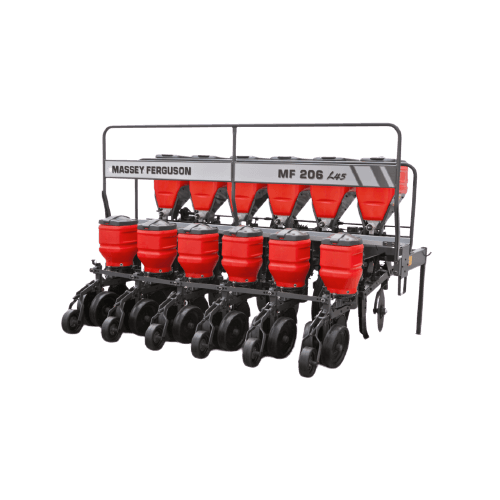
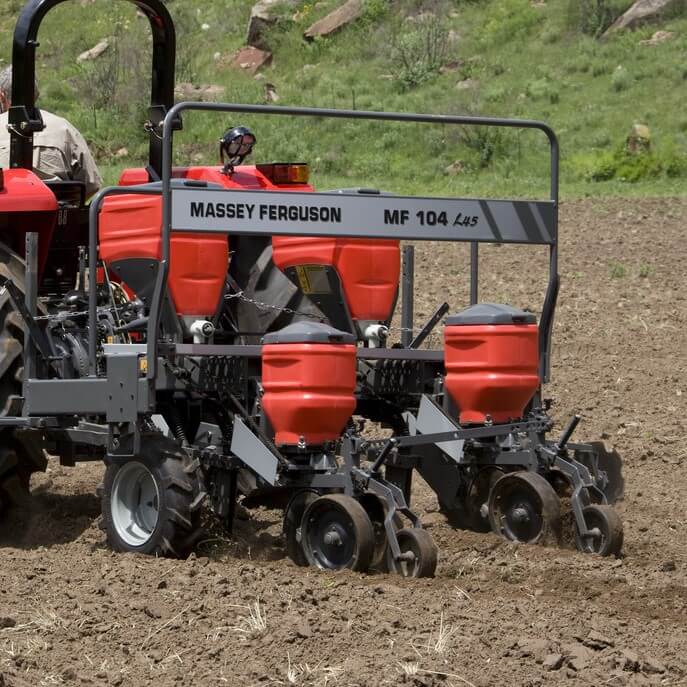
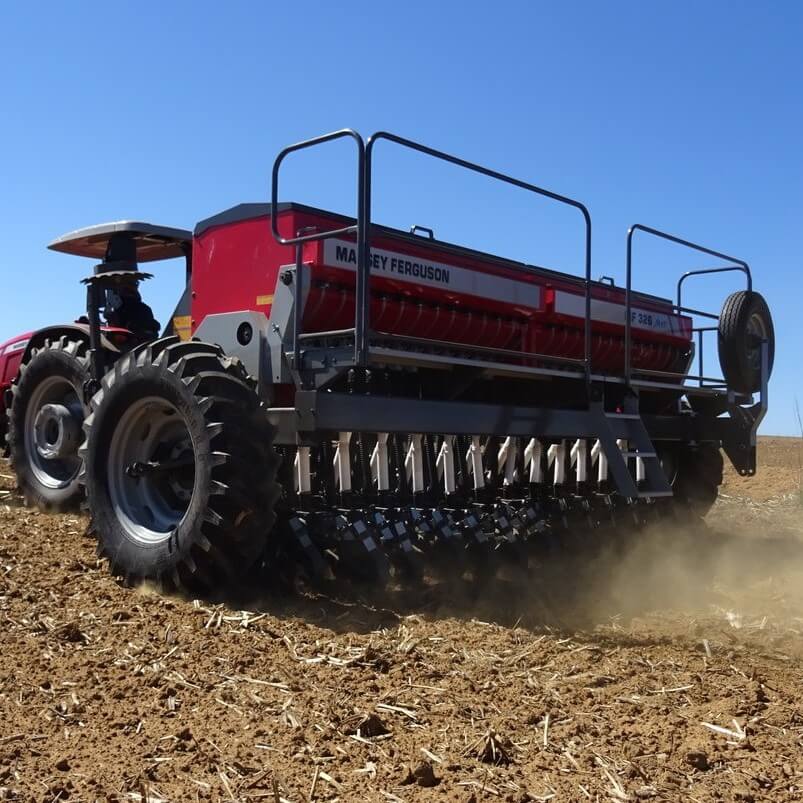
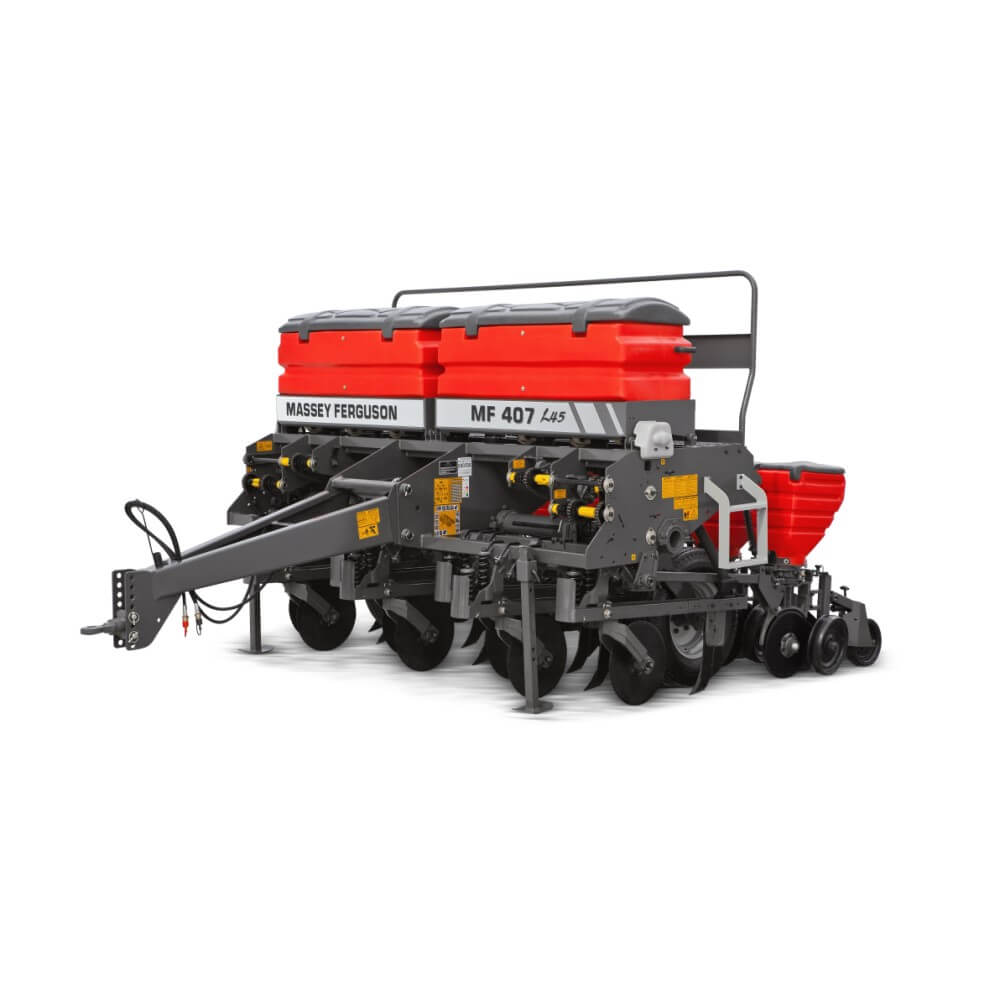
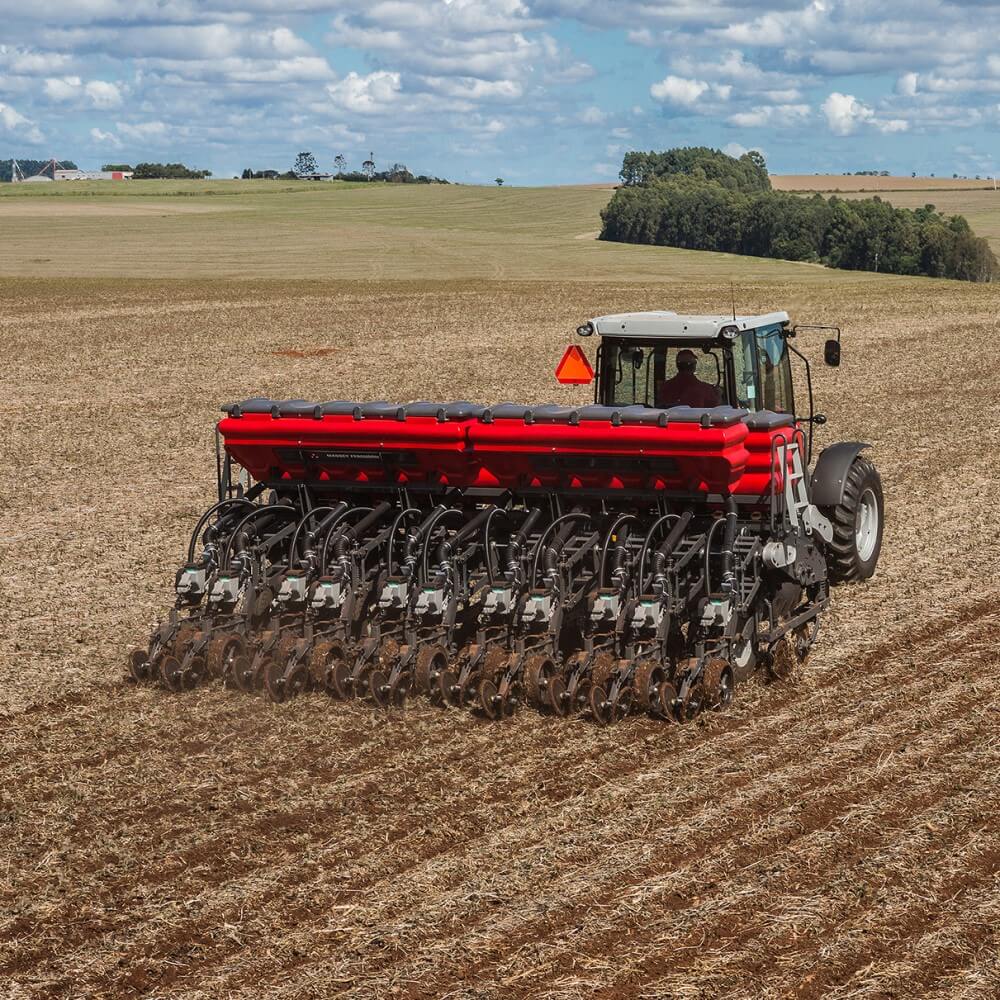
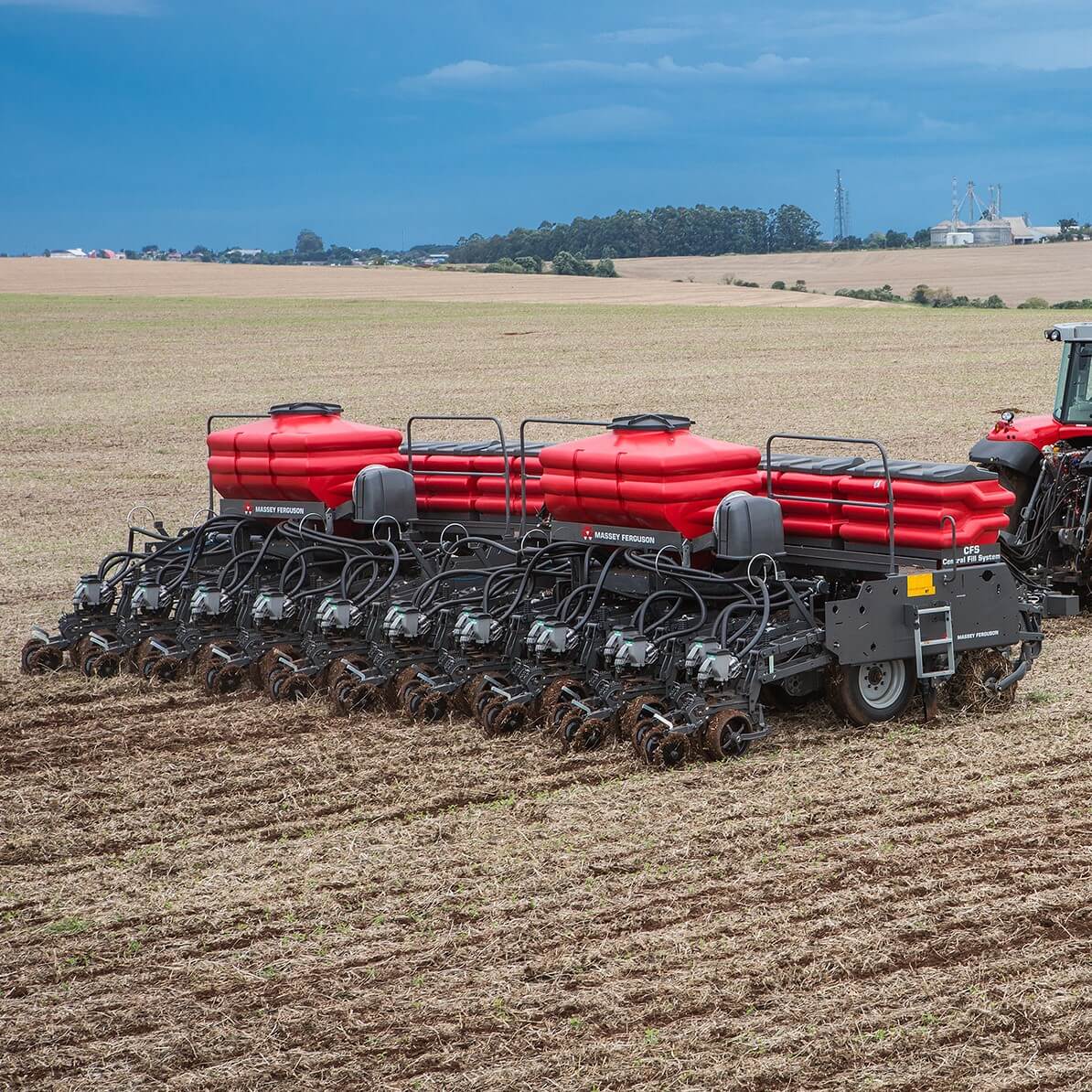
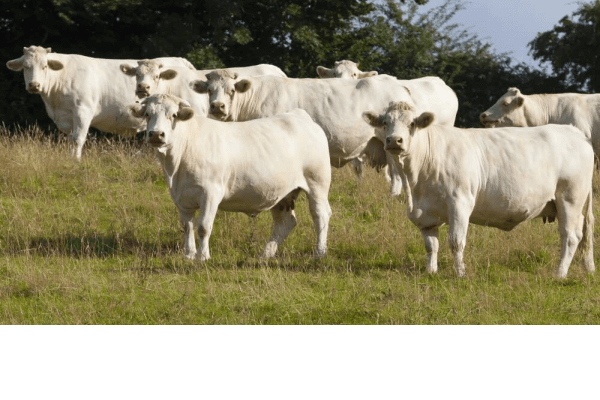



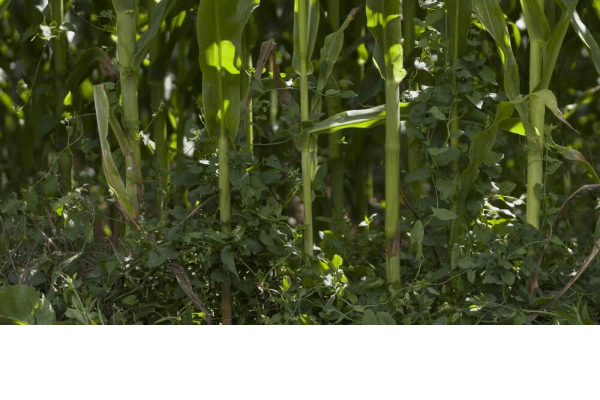
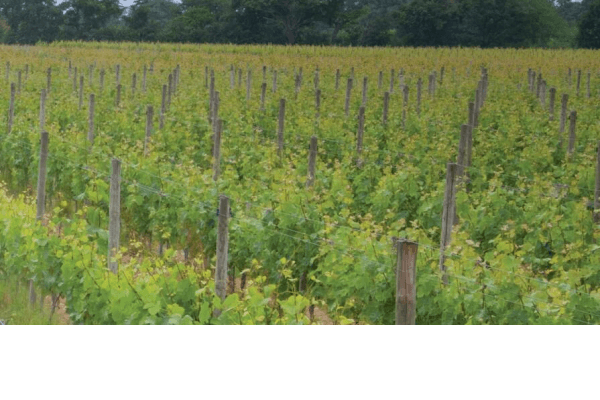
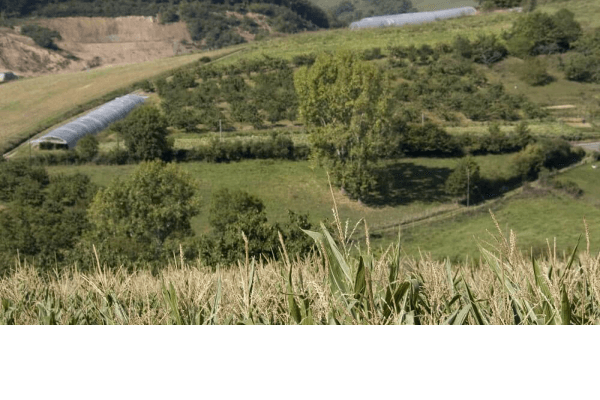
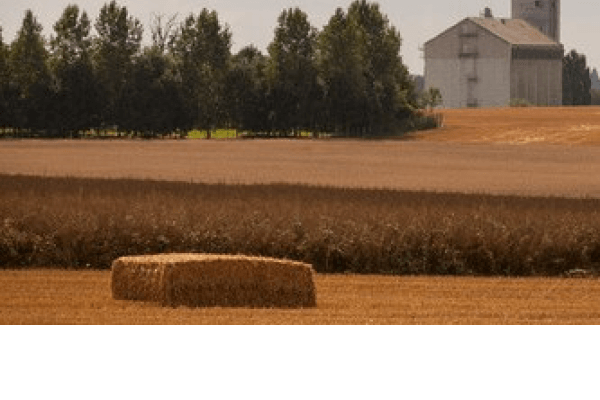

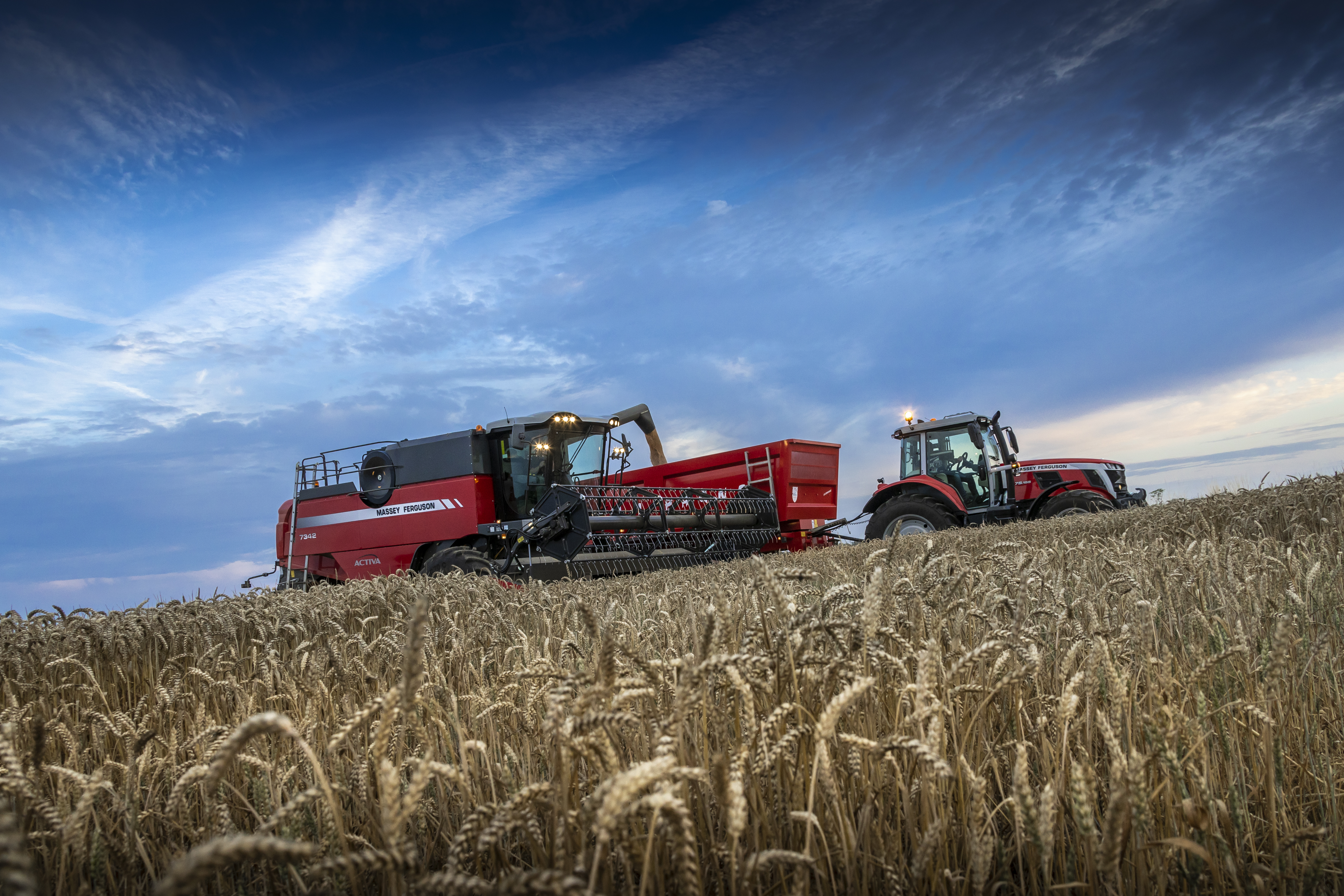


Share